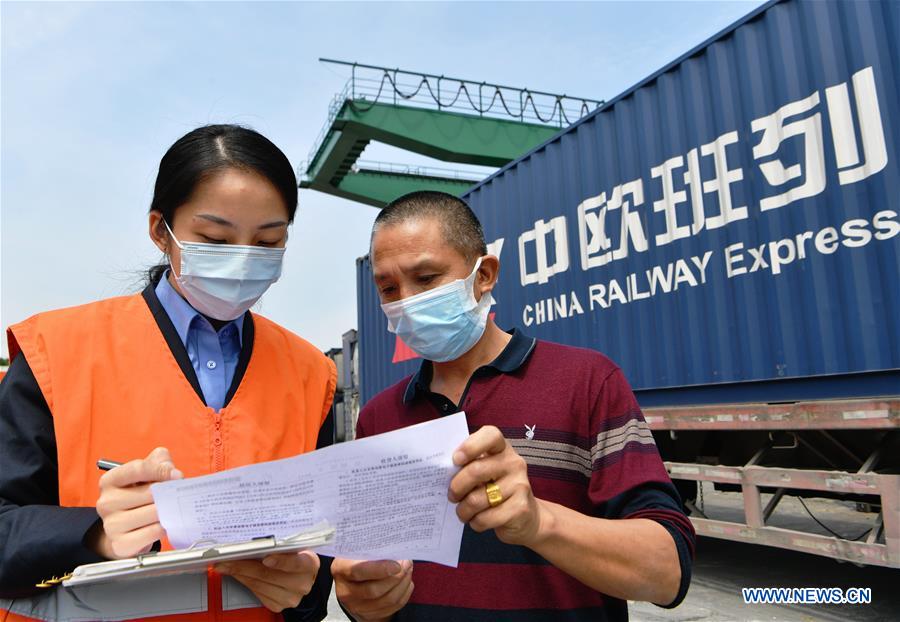Experts: Trade to beat supply chain woes
By XING YI in Shanghai | China Daily | Updated: 2020-06-12 07:30

Jeongmin Seong, partner at the McKinsey Global Institute, said: "The second half of globalization has just started. Globalization will change, but the change does not mean de-globalization."
Seong cited three trends in the next wave of globalization: more regionalization, trade in services, and digitization.
He suggested that some of the companies may shorten their supply chains to remain closer to their markets so that they can respond quickly to situations like the novel coronavirus outbreak.
According to Seong, services trade has grown 60 percent faster than goods trade in the past decade, even though it accounts for just 30 percent of the total trade value at the moment. Cross-border data flows have expanded fifty-fold in the past decade and the pandemic has spurred an explosion of digital services, such as new media content, big data analytics and cloud computing.
"We expect these trends to continue after the COVID-19 epidemic," he said. "This will be an opportunity for China, because it is moving from the 'factory of the world' to a more high-end services-driven economy."
Seong's opinion on digital globalization was echoed by John Denton, secretary-general of the International Chamber of Commerce, who joined the discussion online from Paris.
"How do we trade in an era, in which global disruptions like the COVID-19 epidemic become more frequent? One very clear next step is to take advantage of the technological capabilities available to us to digitalize trade," he said. "Our aim is to take the analogous trading world, and turn it into a digital world."
Denton suggested that digital documents get the same legal recognition as paper documents so as to improve efficiency, reduce costs, and shorten delays. "This is just one way in which we can begin to align the trading system which we have with the 21st century context in which we live," he said.
Fabrice Megarbane, president and CEO of L'Oreal China, said: "I totally agree that globalization is irreversible, and the second wave of globalization will be based on digital transformation. Collaboration with an open innovation ecosystem will allow China to play a bigger role in the world, and vice versa. I think this is the value that will benefit all, which will be the sense of the new globalization."
























